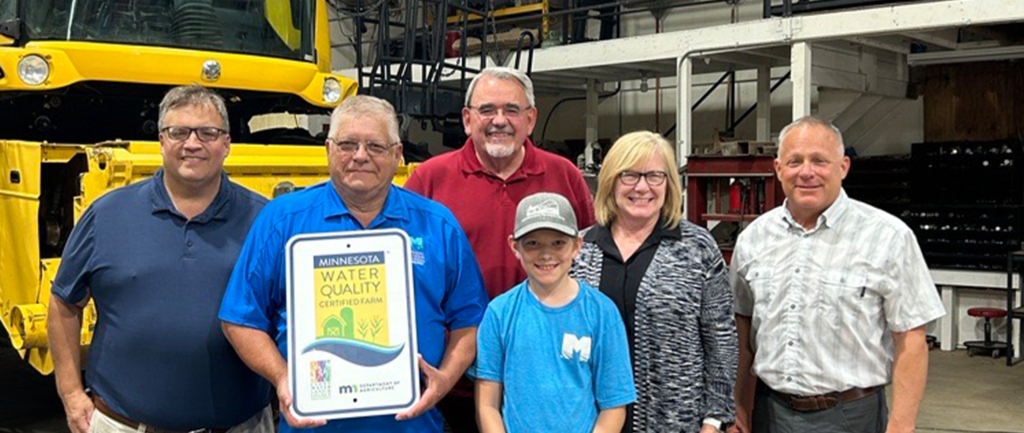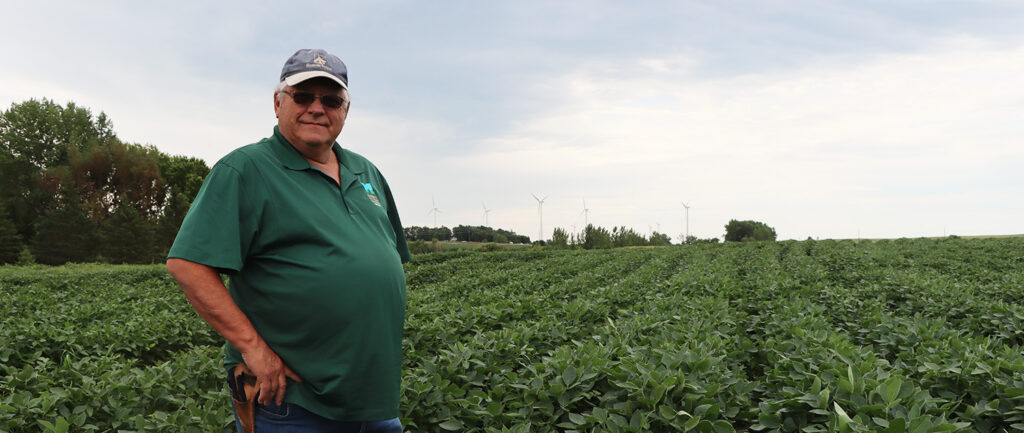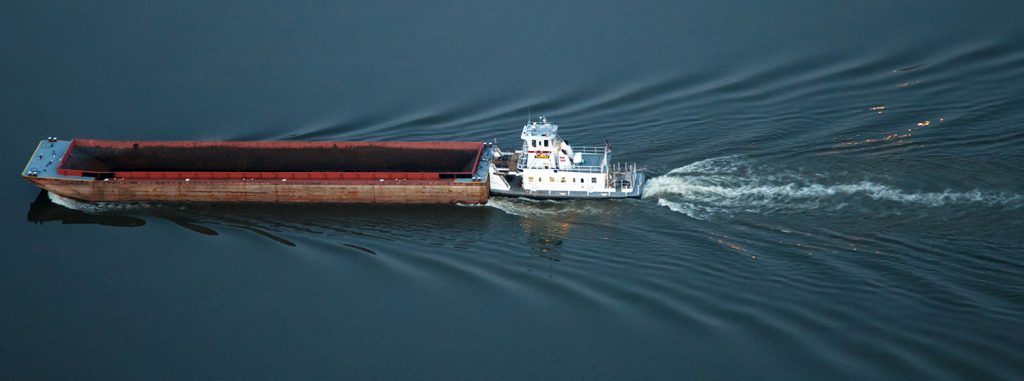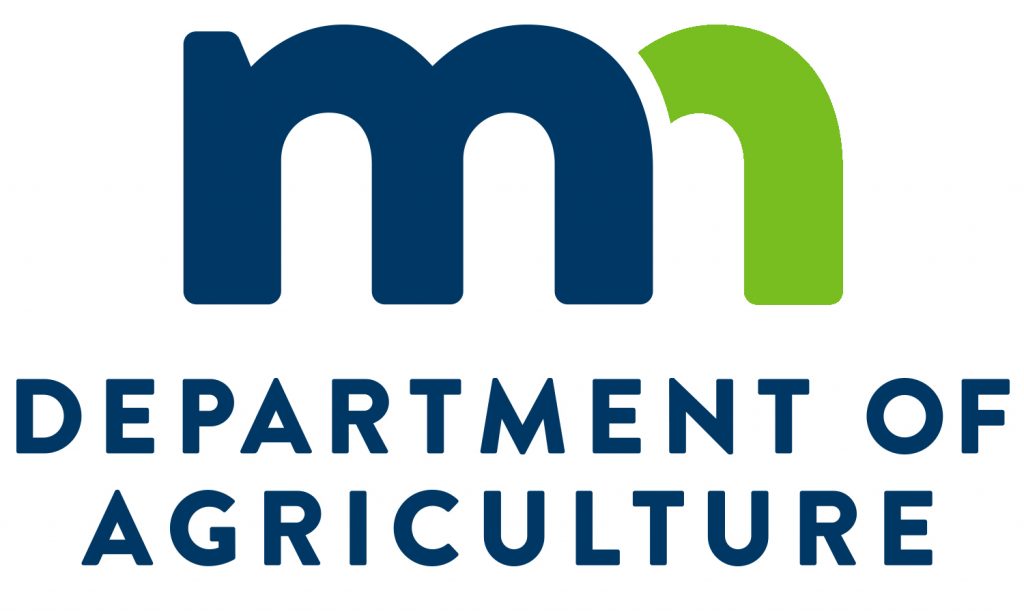Federal officials have awarded $9 million in financial assistance to Minnesota farmers for implementing conservation practices to earn certification in the Minnesota Agricultural Water Quality Certification Program (MAWQCP). The money comes from the Natural Resources Conservation Service’s Regional Conservation Partnership Program (RCPP).
The RCPP focuses on public-private partnerships that offer value-added contributions to expand the ability to address on-farm, watershed, and regional natural resource concerns.
“The Natural Resources Conservation Service and the Minnesota Department of Agriculture have a strong history of working collaboratively to support agriculture and our Minnesota farmers,” says Minnesota NRCS State Conservationist Troy Daniell. “It is truly my pleasure to work with the Minnesota Department of Agriculture more than ever through the Resource Conservation Partnership Program for the Minnesota Agricultural Water Quality Certification Program. This is a robust effort that emphasizes public-private partnership to help give our farmers a level of certainty in an ever-changing world. However, it is the farmers making it all happen on the ground every day to supply food and fiber to the world in an environmentally sound way which benefits us all.”

The Minnesota Ag Water Quality Certification Program is designed to accelerate progress toward water quality goals in our state’s lakes, rivers, and streams, while making conservation regulations more predictable and less cost-prohibitive for the state’s farmers. Those enrolled in the program who implement and maintain approved farm management practices are certified by the state, and in turn are assured that their operations meet the state’s water quality goals and standards for a period of 10 years.
“As the name implies, the Regional Conservation Partnership Program is truly about partnerships,” says MDA Commissioner Thom Petersen. “From day one, the Ag Water Quality Certification Program has been a partnership with federal and state agencies and private industry. We are all working together side-by-side with farmers, landowners, and rural communities to improve the health of our environment.”
This five-year award is the second the state has received for the MAWQCP. In 2015, Minnesota was given a $9 million RCPP award for five years. In both instances, the entire amount of money is passed through to farmers for on-the-farm conservation measures.
“The technical and financial assistance in conjunction with the farmers inputs give us a highly productive agricultural system in Minnesota, while at the same time sustaining clean water so critical to our daily lives,” Daniell says. “The Ag Water Quality Certification Program provides the farmer increased certainty, but also gives all of us certainty that we can sustain our resources for generations to come.”
Since it began in 2014, the MAWQCP has certified over 800 farms totaling nearly 550,000 acres. Farmers have installed over 1,700 new conservation practices across Minnesota as part of the program. Those new practices have kept over 37,000 tons of sediment out of Minnesota rivers while saving nearly 103,000 tons of soil and 45,000 pounds of phosphorous on farms each year. The conservation practices have also reduced nitrogen loss up to 49% and cut greenhouse gas emissions by more than 36,000 tons per year. This success lead to the second round of funding from the Regional Conservation Partnership Program.





